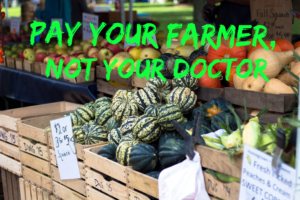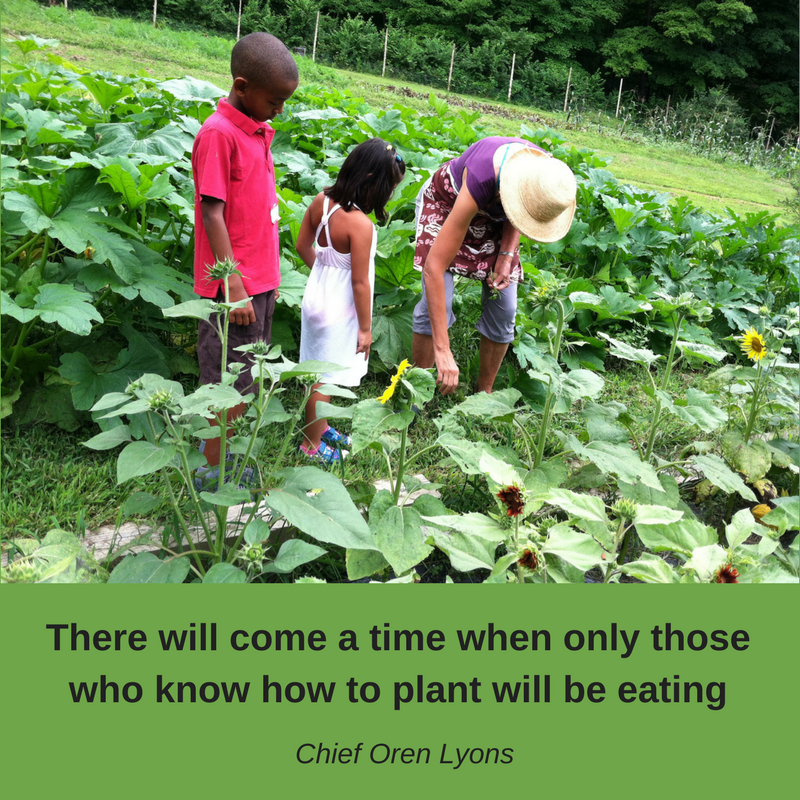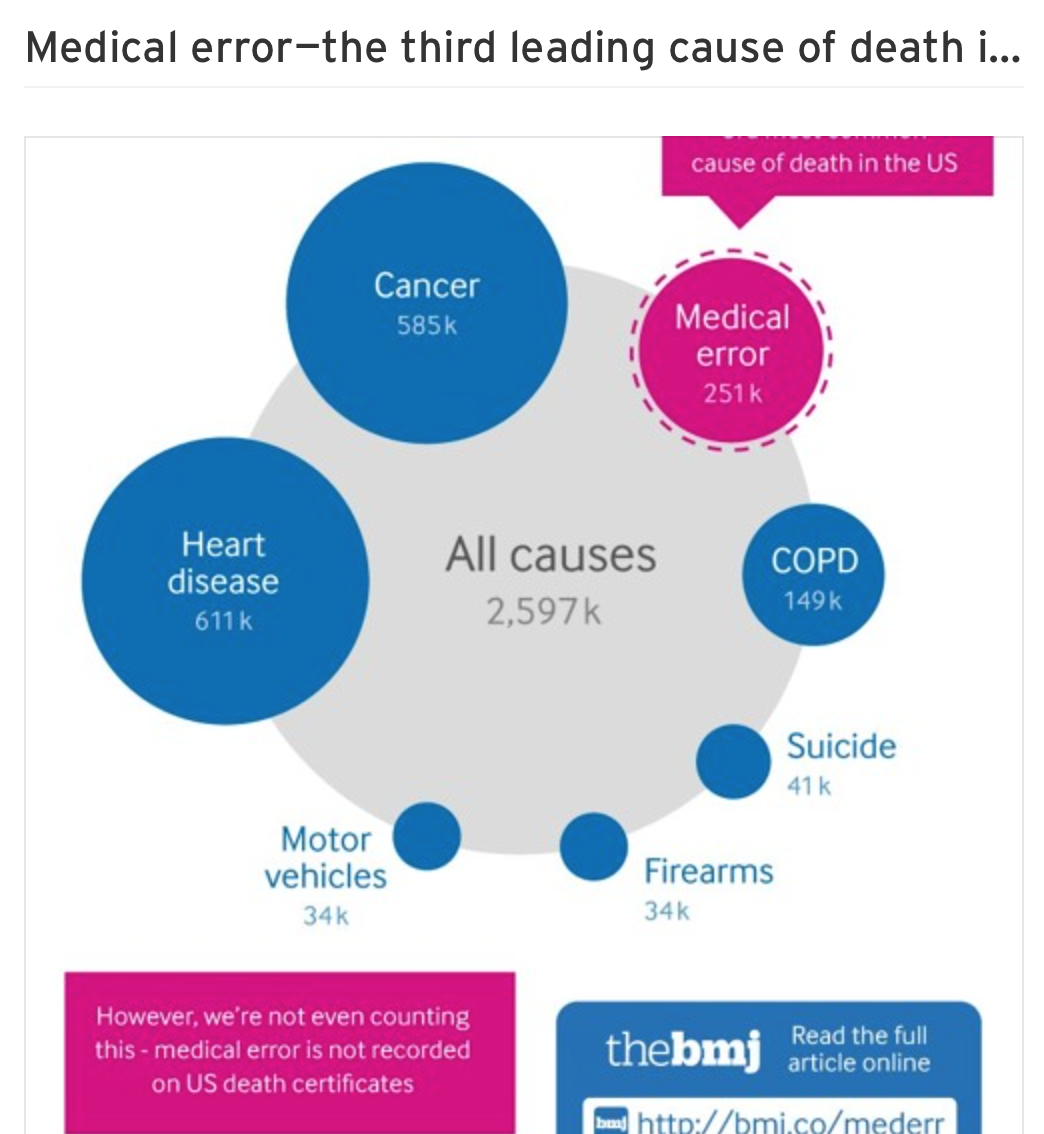Our current system of health care has no incentives to keep us healthy. Disease is profitable to the system, health is not. What we’ve got is more of a disease maintenance business in which insurance corporations are in the business of maximizing their profits as the middle man in the deal.
While our medical system may be technologically top notch, able to put you back together quite well in the case of a car crash, it doesn’t perform all that well with the chronic ailments which are harder to diagnose and treat. The United States comes in 37th in the world in the World Health Organization’s ranking of health systems. And on top of that, medical errors are the 3rd leading cause of death in our country. 250,000 die from medical mistakes every year, thats close to 5000 deaths every week.
Stats like these make you want to stay as far away from the U.S. industrial medical complex as possible. Perhaps the way to stay far away involves a serious focus on prevention. There’s a way to do that and it can be delicious.
Food can create disease. Food can heal disease.

We’ve got to raise the Food IQ of physicians in our country. Most medical schools spend little or no time educating about nutrition or food. Medical students themselves are far removed from health supportive food in their own lives. Red Bull and instant ramen have been their winning formula enabling them to survive the long hours of internships and residencies. Their own Food IQ is low, so they are not comfortable making food based recommendations to their patients. Once they’re out of school, the majority of continuing educations courses are funded by the pharmaceutical industry.
I am fortunate to have a unique opportunity once a year to teach the food portion of a Complementary Alternative Medicine class to 4th year students at NY Medical College. I’ve chosen to focus on food instead of nutrition because our obsession with nutrients has not served us well over the years. Food writer Michael Pollan refers to nutritionism as a cult like religion in his book, In Defense of Food. How I wish I could work with these students for just one day in their freshman year instead.
Rather than focusing on fat grams and calories, it is essential for all of us to find a way to eat real foods that will support optimum health. Its not easy to do in a system where a Happy Meal costs less than a healthy one. This is where community gardens and farm shares (CSAs) can help. My perspective on health incorporates fresh produce as both preventative and curative.
 I dream of the day when more doctors suggest food and meditation for ailments instead of surgery and medications. Edible education can be the healthcare of the future. Some docs have already figured this out, like Daphne Miller, MD, author of Farmacology and Andrew Weil, MD who created an Integrative Medicine Fellowship at the University of Arizona. The Center for Mind Body Medicine also teaches a Food as Medicine course.
I dream of the day when more doctors suggest food and meditation for ailments instead of surgery and medications. Edible education can be the healthcare of the future. Some docs have already figured this out, like Daphne Miller, MD, author of Farmacology and Andrew Weil, MD who created an Integrative Medicine Fellowship at the University of Arizona. The Center for Mind Body Medicine also teaches a Food as Medicine course.
Our schools could also easily integrate Edible Education into their curriculum. School garden beds are optimal places for math, science, art and social studies lessons. Plenty of research has shown that when kids grow food, they eat food.
Until both kids and doctors have a higher Food IQ, my work will keep me busy!




I agree with the statements and ideas expressed in this piece. The difficulty is how do we do it? More blogs like this one. More writing in widely circulated. I feed hundreds of affluent American children each day; for most, their food IQ is horrible.
It will take enlightened educators to transform the Food IQ in the K-12 system. Its been my experience that school nurses and teachers can champion a garden program, but will need buy in from all the way at the top of the ladder for it to be fully integrated into curriculum.